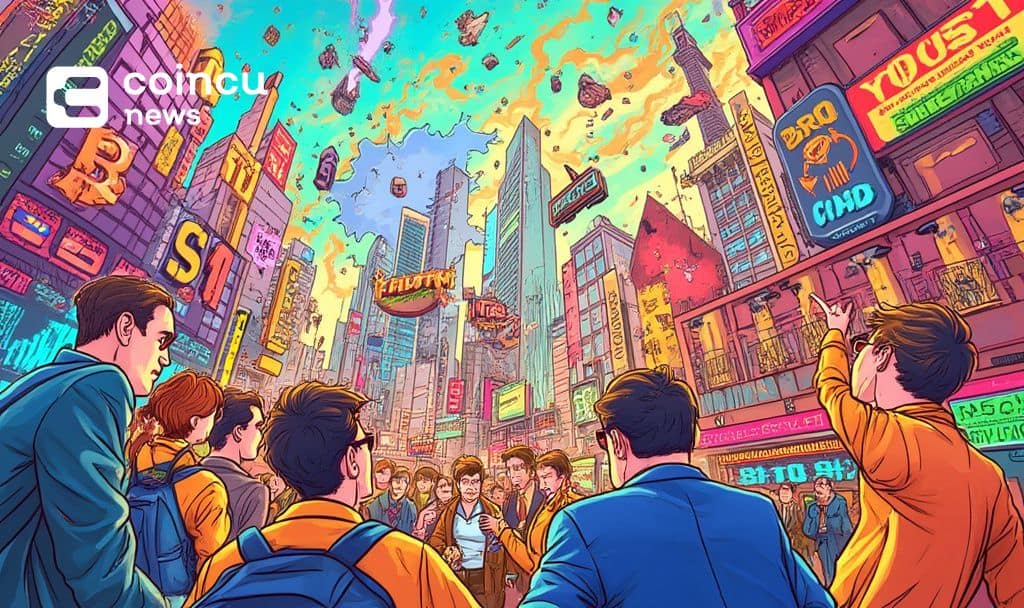Bank of America (BAC) sees tokenization, the creation of a virtual investment vehicle on the blockchain linked to a tangible asset, as the next phase in the evolution of investment products, describing it as “mutual fund 3.0,” the Wall Street bank said in a Friday report.
Just as mutual funds first emerged in 1924 and exchange-traded funds (ETFs) reshaped investing in the 2000s, blockchain technology could underpin a new generation of financial vehicles, analysts led by Craig Siegenthaler wrote.
Real-world asset (RWA) tokenization is advancing quickly. The bank noted that firms like Securitize are working with managers including BlackRock (BLK), Apollo, KKR and Hamilton Lane to issue tokenized funds. Asset manager WisdomTree (WT) built its own tokenization engine, giving it the ability to offer more than a dozen tokenized funds.
According to data provider RWA.xyz the value of real-word assets represented on-chain exceeds $28 billion, largely in private credit and Treasuries.
Still, regulation remains a headwind. The GENIUS and Clarity Acts address stablecoins, but leave many questions about tokenized funds unresolved. Still, the bank argues, the advantages of tokenization will drive adoption over time despite limited access for U.S. investors today.
The case for tokenized equities is weaker because U.S. brokers already offer commission-free stock and exchange-traded fund (ETF) trading after Robinhood’s (HOOD) disruption in 2019, the analysts wrote.
That shift pushed firms toward monetizing client cash and order flow, making tokenized versions of these assets less compelling, the bank’s analysts said. But tokenized money market funds, powered by smart contracts, could upend those cash sweep economics and open new revenue models.
Distribution is still the bottleneck. Platforms offering tokenized funds remain rare, though online brokers like Robinhood, Public and eToro (ETOR) are well positioned given their crypto businesses and younger, self-custody-oriented client bases. Coinbase (COIN) may also emerge as a partner as it expands beyond pure crypto, the report added.
Bank of America expects tokenized money market funds to lead adoption thanks to their attractive yields relative to stablecoins, which cannot pay interest under the Genius Act, with private credit and high yield likely to follow.
Read more: Boerse Stuttgart Unveils Pan-European Settlement Platform for Tokenized Assets
Source: https://www.coindesk.com/business/2025/09/05/tokenization-is-mutual-fund-3-0-bank-of-america-says


